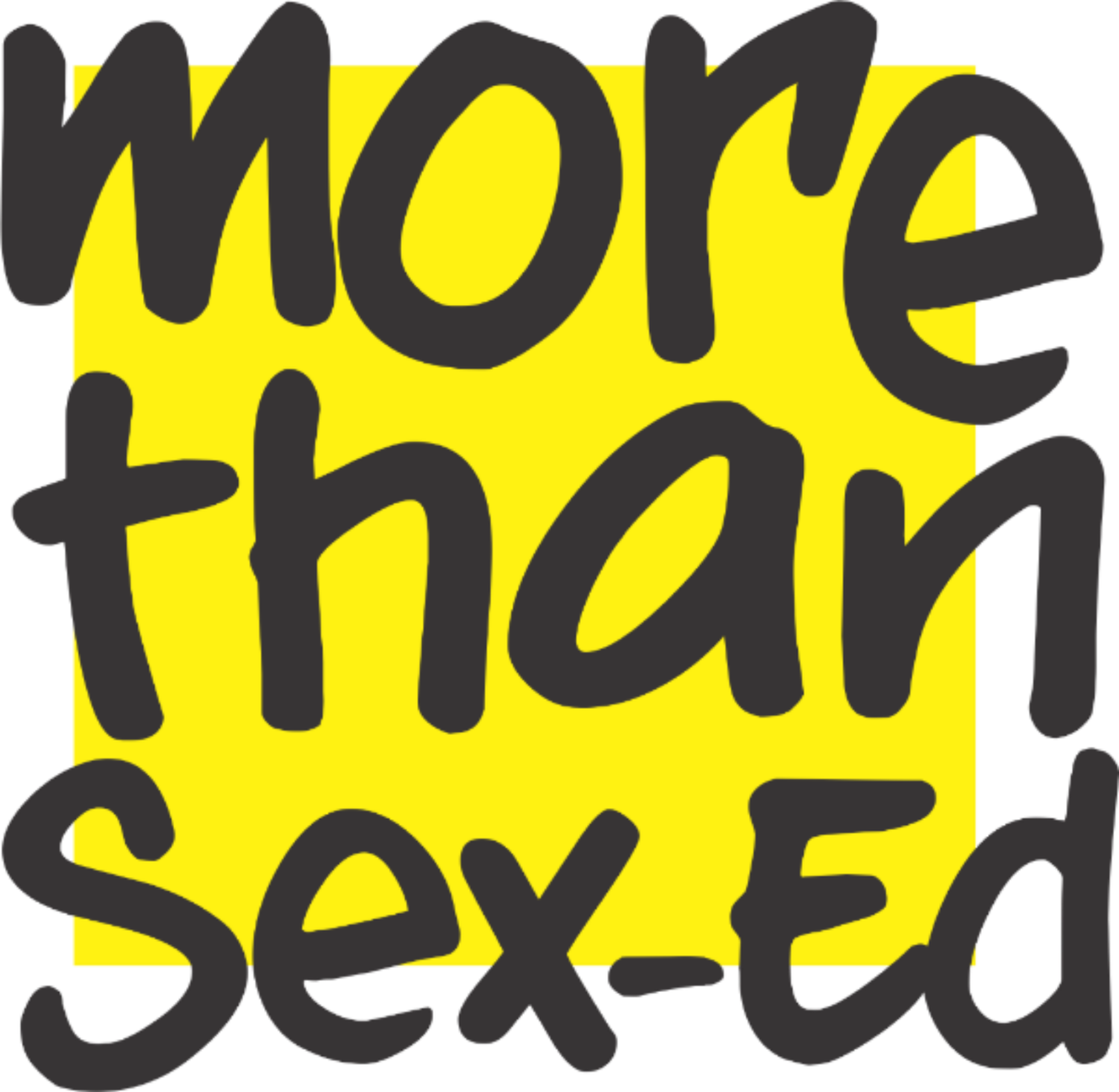Developmental ages 9-11 years 4-5th grade
a weekly workshop series in 3 months
One Hour Sessions
The messages in each lesson are transmitted through a wide range of activities, games, and discussions, giving participants the chance to explore their own ideas and feelings, while recognizing common experiences as well as diverse perspectives among their peer group.
MONTH 1
Personal Values
- Each person is unique and special, with unique experiences and viewpoints
- Our values impact communication, friendship and behavior
- Most issues in life have more than one valid perspective
- Messages from parents, friends, peers, media and society affect decision making
What Makes a Family
- Kids grow up in a variety of family configurations which can meet the needs of their members
- Both friends and family can be supportive of us
- We consider the ways we communicate with our friends and family
- We compare ways family and friend relationships are similar and different
- We consider how our behavior may change depending upon who we are with and examine the concept of intimacy
Reproduction In The Natural World
- Life on Earth reproduces in a variety of ways
- Sexual reproduction is the reason life on Earth is diverse and complex
- Fertilization creates the potential for new life
- Human reproduction requires sperm, egg and uterus
Transitions--What Will I Be Like?
- People experience a range of emotions and desires during puberty
- Participants express concerns and hopes about growing up
- We appreciate the ways puberty is similar for all genders
- How can we communicate with our families/peers about puberty concerns?
MONTH 2
Biological Sex, Gender Identity and Gender Roles
- Human sexuality is complex and Biological Sex is a different aspect from Gender Identity
- People can be male, female or intersex
- Gender Identity may or may not match a person’s Bio Sex
- Gender roles are influenced by culture and tradition
Puberty – Male-Bodied Changes
- Correct information about bodies and growth help us feel good about growing up
- Knowledge helps us understand people who are a different biological sex
Puberty – Female-Bodied Changes
- Correct information about bodies and growth help us feel good about growing up
- Knowledge helps us understand people who are a different biological sex
Split Group--Puberty Question Brainstorm
- Knowledge makes it easier to ask questions about our changing bodies and about those of a different biological sex
- We practice using accurate language to describe sexual anatomy and bodily functions
- Each person experiences the changes of puberty in different ways and at different rates
- We learn ways to care for our personal hygiene, skin and hair as our bodies change
MONTH 3
Images in Popular Culture
- Helps participants become informed and aware of how the media portray sexuality.
Body Image
- Helps participants explore the concept of body image, understand the diverse experiences people have with their body and its abilities, and consider ways to keep their own body healthy.
Romance and Sexual Attraction
- Crushes are a normal part of pre-teen development
- We can support a friend who is going through a crush without getting drawn into the social drama
- We can’t tell a person’s Sexual Orientation by looking at them
Safety
- We consider some potential threats to sexual health
- We learn ways to avoid risky behavior
- We learn how to recognize and end abusive situations
- We must overcome embarrassment, shame and inadequate language in order to stay safe and healthy
- Participants identify at least two trusted adults from whom they can seek help in a sexually abusive or risky situation
We are always happy to have further conversations with parents who would like more clarity or detail on any session.

